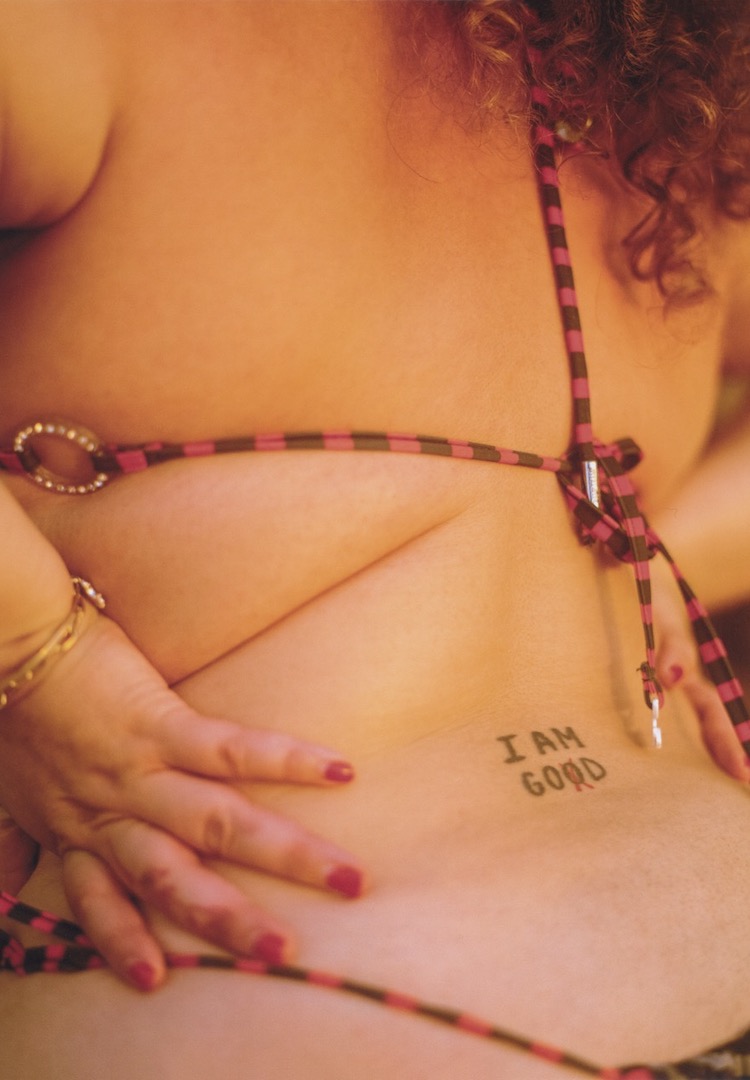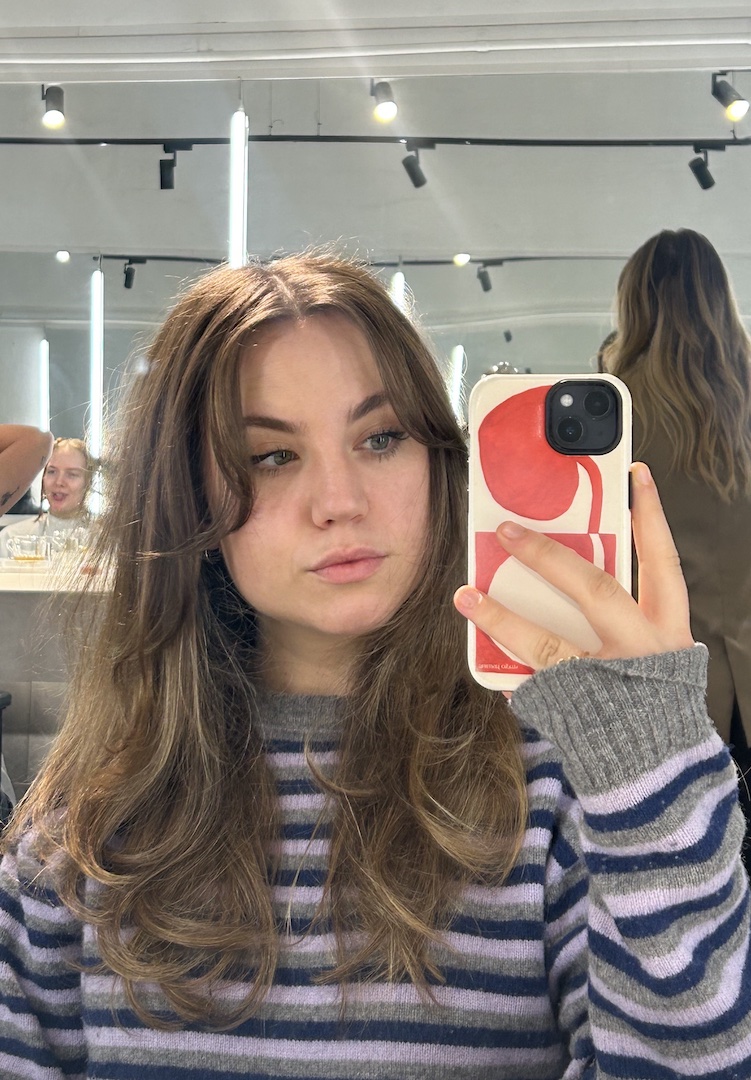How often should you get skin checks? I asked a doctor
IN PARTNERSHIP WITH ME CLINIC
WORDS BY MAGGIE ZHOU
It’s cool to care about skin safety.
Under Australia’s scorching sun, we’ve had the importance of sun safety drilled into us from a young age. There are ’00s’ TV commercials about skin cancer and the dangers of tanning that haunt me to this day. It’s reassuring to see a new generation so passionate about SPF and UV rating apps.
The unfortunate reality is the most diagnosed cancer in Australia is skin cancer. More than two in three Australians will be diagnosed with skin cancer in their lifetime. Treatment for skin cancer has evolved substantially, and clinics like Me Clinic (which has over 35 years of experience in treating skin cancers) are equipped to manage this.
To find more articles like this, head to our Beauty section.
Prevention is key, and early detection saves lives. We sat down with one of Me Clinic’s cosmetic doctors, Dr Lucinda Hogan, to answer the most common questions about skin checks.
Skin checks are imperative to increase the probability of nipping skin cancer in the bud. “Skin cancer often does not have any symptoms,” Lucinda says. “When performing skin checks, a professional may detect skin cancer early.”
So how often do you need to visit the doc and get a skin check? Lucinda says it depends on each patient’s risk factors. A general rule of thumb though, is every one to two years. But that’s not all you can do to monitor yourself. Alongside in-clinic skin checks, you can self-examine your skin.
“Self-examination involves being aware of the general appearance of skin and looking out for any changes in your skin [and] moles,” Lucinda explains. “Patients are often unaware to check areas where there is little-to-no sun exposure ([like the] soles of feet and genitalia). There is a genetic component to developing moles rather than purely sun exposure.”
There are various medical practices you can attend to go get a skin check. Lucinda explains that any health professional with training in dermatoscopy can perform a skin check. “This includes dermatologists and general practitioners, though some nurses have the training to perform checks under the supervision of a doctor,” she says.
For someone who hasn’t experienced a skin check, it can sound like a nerve-wracking process. To lessen any anxiety around heading into the doctor’s room, Lucinda reassures us that skin checks are performed in private rooms, with only yourself and your doctor present.
“The doctor explains the process [of the examination] and it involves getting undressed to [your] underwear,” she says. “The doctor uses a magnifying device to check every mole. Breast and genitalia are also checked at the request of the patient. The patient can have a sheet placed over the top of them.”
All surgery has risks and Me Clinic recommends seeking a second medical opinion.
To learn more about skin cancer treatments, head to Me Clinic.













